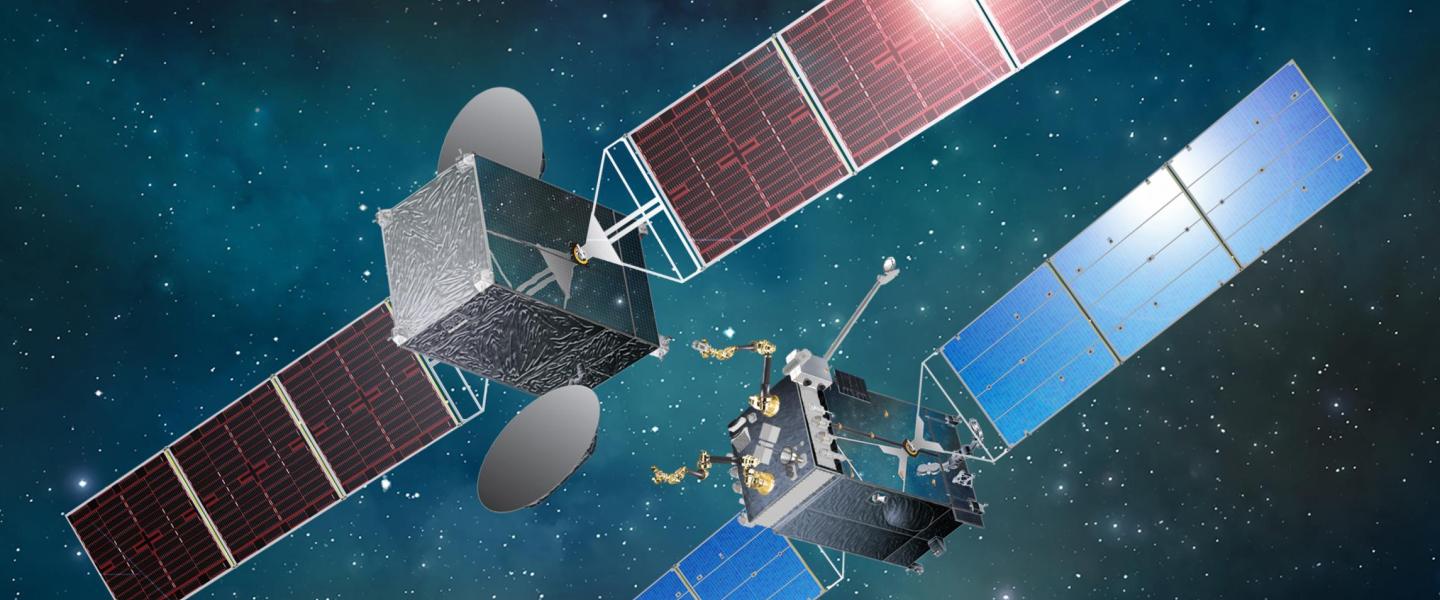Satellites are artificial objects that orbit the Earth. They are used for a wide variety of purposes, including communication, navigation, remote sensing, and scientific research.
Types of Satellites
There are many different types of satellites, each with its own specific purpose:
- Communication satellites: These satellites are used to relay communication signals, such as telephone calls, television broadcasts, and internet data.
- Navigation satellites: These satellites are used to provide navigation and positioning services, such as GPS.
- Remote sensing satellites: These satellites are used to observe the Earth from space. They can be used to monitor weather patterns, track natural disasters, and map the Earth’s surface.
- Scientific research satellites: These satellites are used to study the Earth, the Sun, and other celestial objects. They can be used to collect data on a variety of topics, such as climate change, space weather, and the search for extraterrestrial life.
How Satellites Work
Satellites are launched into orbit by rockets. Once in orbit, they use their own propulsion systems to maintain their position. Some satellites are placed in low Earth orbit, while others are placed in geostationary orbit.
Geostationary orbit is a special type of orbit that allows a satellite to appear stationary in the sky. This is because the satellite orbits the Earth at the same speed that the Earth rotates. This makes it ideal for communication satellites, which need to be in a fixed position in the sky to provide continuous coverage.
The Importance of Satellites
Satellites have become an essential part of our modern world. They are used for a wide variety of purposes, from providing emergency services to monitoring the environment. Satellites have also played a crucial role in scientific research, helping us to understand the Earth and the universe around us.
As technology continues to advance, we can expect to see even more innovative uses for satellites in the future. Satellites will continue to play a vital role in our lives, providing us with essential services and information.
